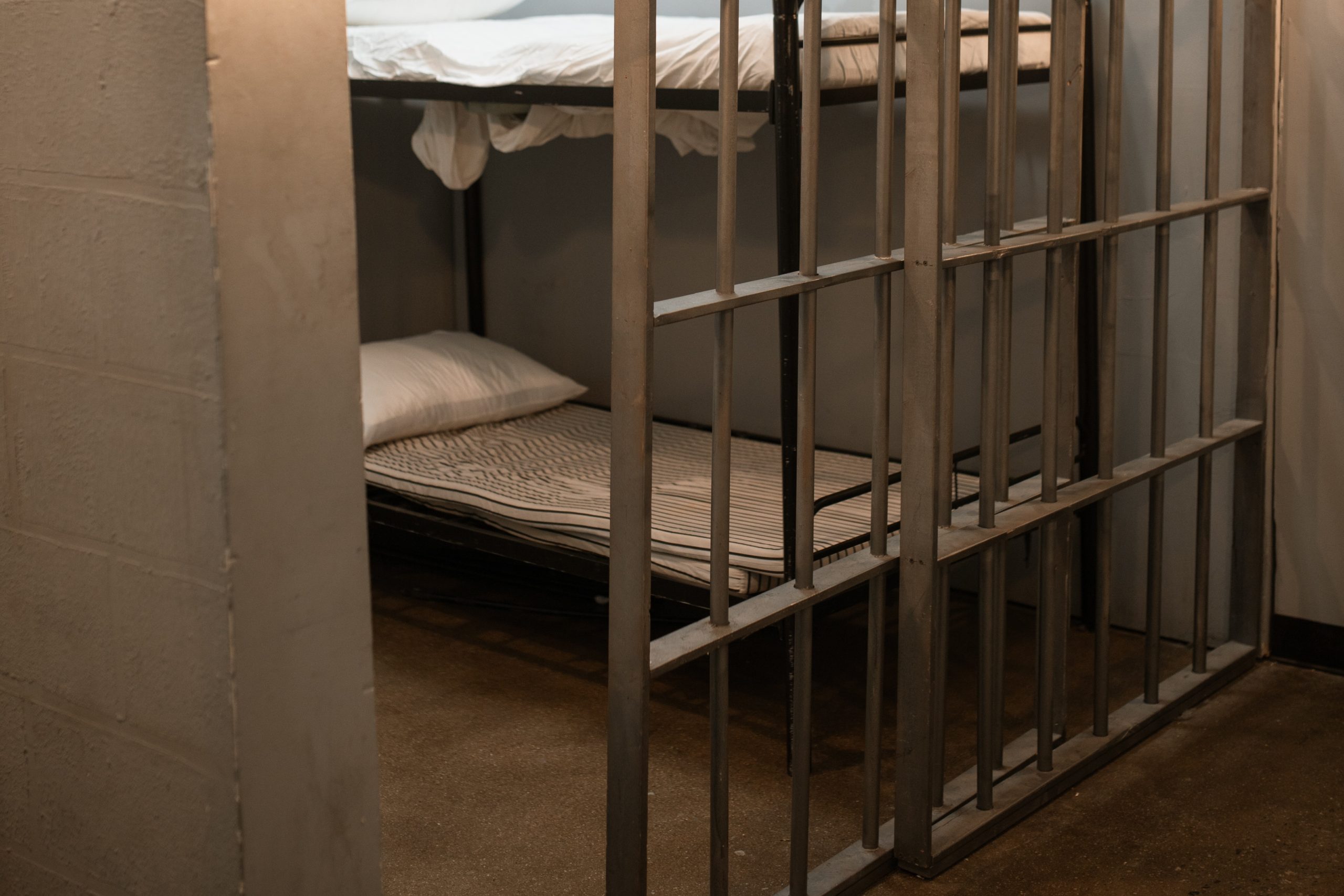The probation system aims to keep communities safe and provide the probationers the chance to rehabilitate their lives. Some commit a violation of probation, which happens when individuals in question have already been sentenced for a crime. They either reject, ignore, or evade the terms and conditions.
Probation violations are common and may even be one of the primary reasons why the prison population continuously increases. This is because of the stringent terms and heavy obligations imposed.
If you are facing a probation violation in Massachusetts, you have to know what to expect at the probation court hearings and how the judge decides whether you violated your probation orders or not. Consider this article as your guide to do so.
What Activities Are Considered a Probation Violation?
Probation can be violated under certain circumstances. Here are some common actions that can trigger probation violations:
- Being arrested or convicted of another crime while on probation
- Failing to fulfill community service requirements
- Failing a drug or alcohol test as required under the terms of your probation
- Failing to report to your probation officer if the terms of your probation included doing so
- Failing to pay required court fees and fines or restitution
- Failing to stay away from victims that you may have been involved with
What Happens If the Court Discovers I Violated My Probation?
If probation officers discover that you violated your probation terms, they will file a surrender notice with the court. You will be required to appear at an initial surrender hearing. You may also have a warrant placed for your arrest instead of getting a surrender notice.
On the other hand, you may be allowed to continue your probation, but you have to comply with stricter probationary conditions or pay hefty fines. The worst-case scenario is that your probation will get revoked, and you will need to serve the remainder of your sentence in prison. Since what happens depends on the court and the violation, you must consult with an experienced criminal defense lawyer in Boston.
What Should I Do If I Received a Surrender Notice?
If you received a surrender notice, never ignore it. Your best choice is to reach out to a skilled criminal attorney in Boston to help you determine the next steps you should take and know your available options.
A probation officer may ask that you be placed in jail without bond until the surrender hearing. They will discuss the allegations against you, and then the judge will decide the probable cause.
If the judge concludes that probable cause exists and shows that you committed a probation violation, a final surrender hearing will be scheduled. Evidence will be brought, and witnesses will be contacted to prove your violation. Your defense attorney might also suggest stipulating the violation. Doing this can prevent you from returning to prison.
Conclusion
Violating probation can have drastic consequences that can significantly change your quality of life. To minimize the chances of getting convicted and serving time, remember the information stated in this guide. Prioritize having a solid representation in court by teaming up with a dependable criminal defense attorney.
Get the best possible outcome for your case by reaching out to our criminal defense attorney in Boston. We run The Fernandez Firm, and we can help you reach an agreement if terms of probation are violated. Contact us for a free consultation!



